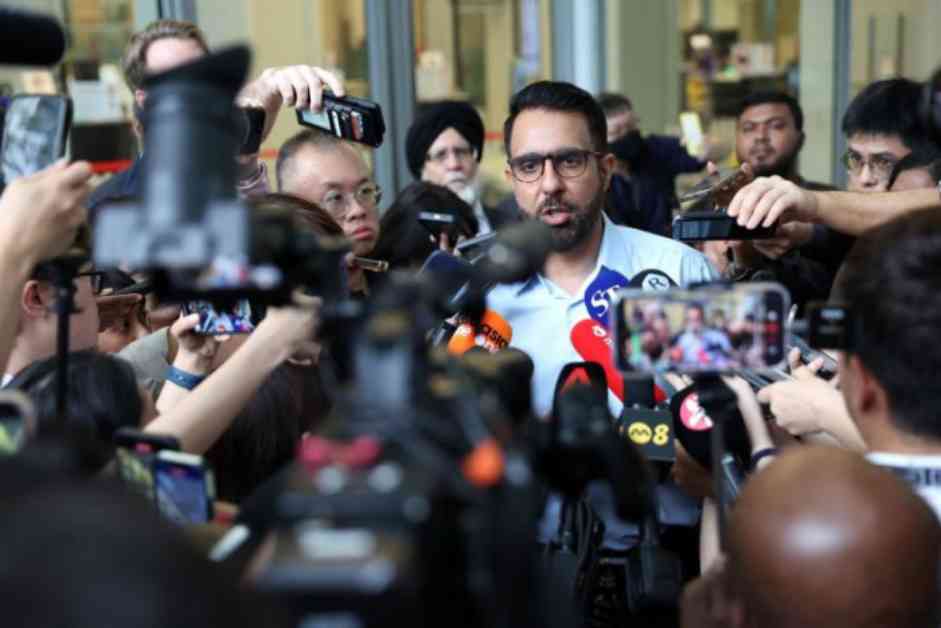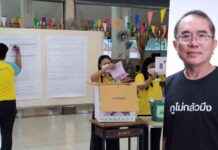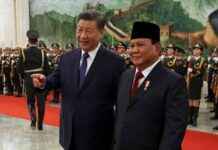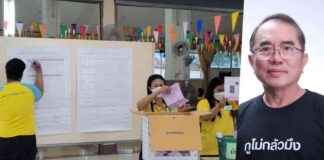Singapore’s opposition leader, Pritam Singh, has been convicted and fined for two charges of lying under oath, a decision that could potentially disqualify him from contesting the upcoming national election. The 48-year-old leader of the main opposition Workers’ Party was found guilty based on his testimony in 2021 to a parliament committee investigating a former lawmaker from his party who had lied in parliament about a sexual assault case. Despite the conviction, Singh has expressed his intention to appeal the decision.
Deputy Principal District Judge Luke Tan ordered Singh to pay the maximum fine of S$7,000 ($5,224) for each of the charges of lying under oath. Under Singaporean law, a person who has been fined at least S$10,000 or jailed for at least one year is disqualified from being a member of parliament for five years, raising concerns about Singh’s political future. The timing of this verdict is particularly sensitive as Lawrence Wong leads the ruling People’s Action Party in his first election as prime minister following the party’s worst-ever electoral showing in 2020.
In a statement to the media outside the courthouse, Singh affirmed his intention to contest in the general elections, emphasizing the importance of providing a check and balance to the government. The uncertainty surrounding Singh’s eligibility to run in the upcoming election adds a layer of complexity and scrutiny to both him and his party, especially as the political landscape in Singapore continues to evolve.
Legal expert Ben Chester Cheong from the Singapore University of Social Sciences highlighted the significance of the constitution’s interpretation in determining Singh’s political future. Singh’s role as the leader of the opposition, following the Workers’ Party’s significant gains in the previous election, underscores the party’s commitment to providing a counterbalance to the ruling party’s policies, particularly concerning economic issues that impact Singaporean citizens.
As the political climate intensifies leading up to the election, the ruling People’s Action Party, under the leadership of Lawrence Wong, is set to unveil a national budget aimed at addressing key issues such as rising living costs and social welfare programs. The PAP itself has faced its share of challenges, including controversies involving resignations, legal issues, and ethical breaches among its members.
For the Workers’ Party, the road ahead is fraught with challenges, especially in light of the parliamentary committee’s findings regarding Singh’s testimony. Singh acknowledges the critical nature of the upcoming election for his party and the broader opposition, highlighting the risk of a potential wipeout of elected opposition MPs and the implications it could have on Singapore’s political landscape.
In a dynamic political environment where transparency, integrity, and accountability are paramount, the outcome of Singh’s appeal and his party’s strategy moving forward will undoubtedly shape the narrative of Singapore’s political future. As voters navigate through a landscape of competing ideologies and visions for the country, the role of opposition leaders like Singh takes on added significance in ensuring a balanced and inclusive political system.




















